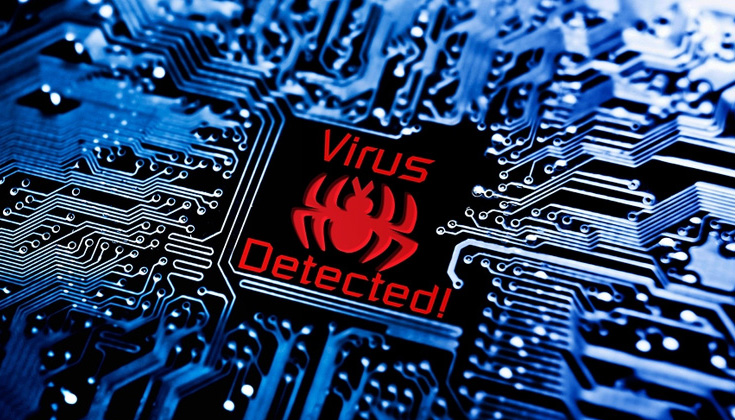Are you under the impression Apple devices are exempt from viruses and hacking?
A great deal of Apple users consider Apple systems safer to use than Windows because of the “built-in” security Apple programs into their devices. But Windows operating systems also come with similar existing security to prevent hackers and viruses. So why is there a difference in virus vulnerability?
So here’s the deal:
In their advertising, Apple markets its systems as not needing third-party antivirus software. In reality this “built in” virus protection is identical to what’s inside a Windows PC. It possesses the same flaws and loop-holes as any other operating device.
So, if Apple and Windows both have the vulnerability to be hacked, why is Windows suffering the most?
What separates the two operating systems’ security is the basic fact that hackers are still more familiar with Windows computers and their security loopholes.
Additionally, Windows is easier to hack and can have a potentially bigger pay-off for hackers. As Apple operating systems become more popular, hackers will familiarize themselves with the OS platform.
This will in turn will lead to more viruses made specifically more Apple.
So what can you do to protect your computer?
While there may be fewer Apple systems infected overall, there is missing data on the exact number of Apple systems that contain viruses, such as malware.
Since most Apple users do not install security software that scans and reports malware, many viruses stay under the radar.
Unlike Apple users, most Windows users download security software which results in more accurate reporting.
Even if Apple is safer from than Windows without third-party security software, there is still a risk of “catching” a virus through programs such as Java, Flash or Adobe.
Our advice: Don’t rely on Apple’s built-in security! Invest in another sources of anti-virus protection to keep your computer safe.











